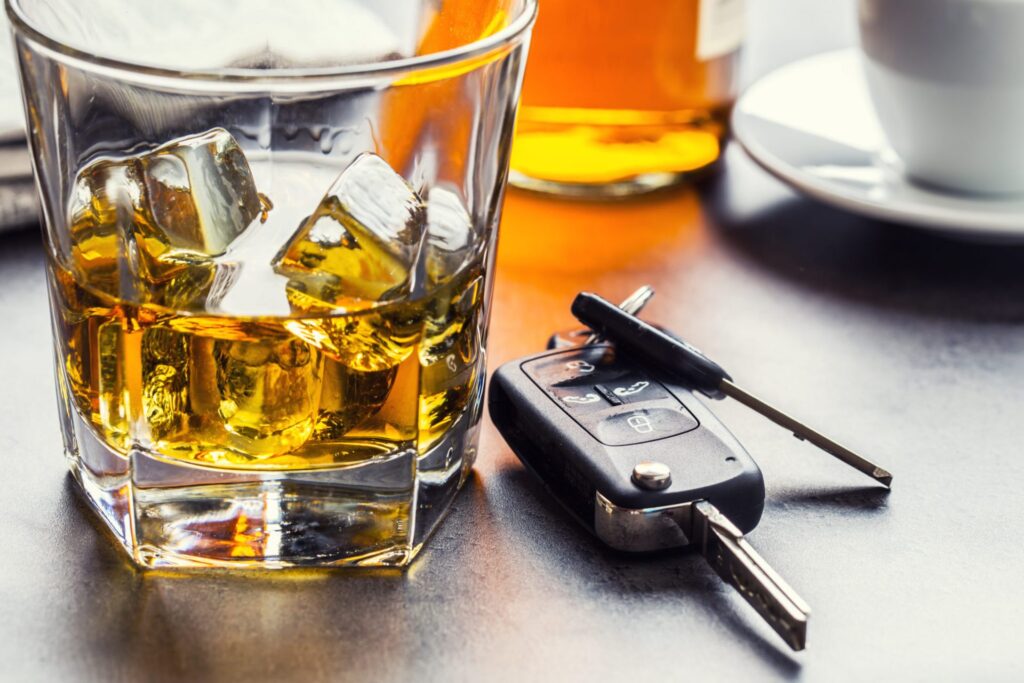Let’s say you find yourself charged with Operating Under the Influence and you are given a court date by the police officer.Soon after, you either find out that your case is dismissed, or you managed to get your charge reduced so you are not convicted of Operating Under the Influence.This means you don’t need to worry about this OUI charge again, right? Wrong.
Many people I speak with do not realize that there are two distinct proceedings when you’re charged with an OUI: the criminal side in the Courts and the administrative side with the Bureau of Motor Vehicles (BMV).More importantly, they don’t realize that the proceedings in each area are completely independent of one another.This means that no matter what happens in the criminal courts with your case, the BMV will proceed with their hearings without any influence from the Courts, and vice versa.
One of the biggest reasons you need an experienced criminal defense attorney who specializes in OUI defense is because of this two-part process with the courts and the BMV.The Court and BMV each look at a case from different perspectives and use different standards of proof that the State needs to prove their case against you. More notably, the Court looks at a number of issues in a criminal case, and the District Attorney needs to prove their case beyond a reasonable doubt.By contrast, the BMV only looks at a small number of issues, including probable cause and proper protocol with breath tests.Additionally, the State, through the police officer, must prove the case by a preponderance of the evidence, a much lower standard of proof than beyond a reasonable doubt.This means that, while there may be some issues to prove an OUI offense in the criminal courts, it may not matter as much with the BMV, or the BMV may not even look at that issue to determine if you operated a vehicle under the influence.
While challenging the OUI case with the BMV is in some ways, much more difficult than defending against the criminal charge.In addition, the minimum suspensions and penalties imposed in each venue are rather different.Under the criminal courts, a conviction of Operating Under the Influence (without aggravating factors like refusing the test, prior OUIs, a high test, or having someone under twenty-one years of age in the car) carries a minimum penalty of five hundred dollars and a license suspension of one hundred fifty days.Additionally, there would now be a conviction on your criminal record, which you would have to report if your employer or any other official document asked for prior convictions.If you lose the BMV hearing, the penalty is solely the license suspension.An OUI finding from the BMV does not go on your criminal record (but it does go on your driving record), and it is not a criminal conviction.
One thing to remember with the Administrative OUI is that while it is not a court proceeding, the District Attorney’s office can use the administrative finding for a Refusal to Submit to a Test as a “prior” offense if you are charged with OUI again.This will enhance the statutory required sentence for the second OUI (with no aggravating factors) to a minimum $700 fine, seven days of jail and a three-year loss of license.So even if your criminal charge is dismissed or reduced, the administrative OUI can still be used as a prior action.This is why having a defense attorney representing you is so important, as he or she can navigate both the courts and the BMV, with their different rules and procedures, to make sure your case is properly defended.
If you are charged with an OUI, contact the attorneys at MCD Group as soon as possible to set up a time for a consultation, where you can discuss the strengths and weaknesses of your case.


